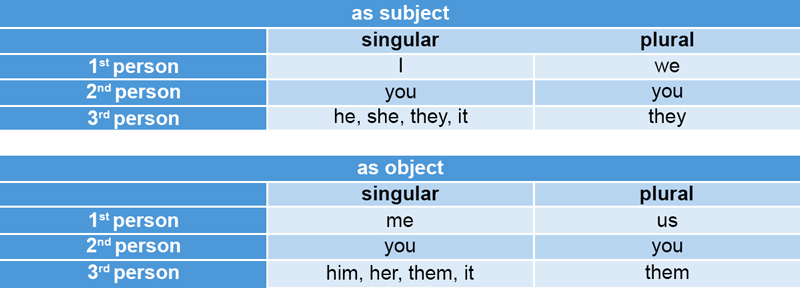pronoun
noun
pro·noun
ˈprō-ˌnau̇n 

1
plural pronouns
: any of a small set of words (such as I, she, he, you, it, we, or they) in a language that are used as substitutes for nouns or noun phrases and whose referents are named or understood in the context
2
pronouns plural
: the third person personal pronouns (such as he/him, she/her, and they/them) that a person goes by
What are your pronouns?
"I'm Jo, my pronouns are she/her." "I'm Jade, my pronouns are they/them."
… many people with nonbinary genders use "they" and "their" pronouns, although language and gender expression vary widely.— Lucy Brisbane
Lucy Brisbane
 Lucy Brisbane
Lucy BrisbaneLove words? Need even more definitions?
Merriam-Webster unabridged








